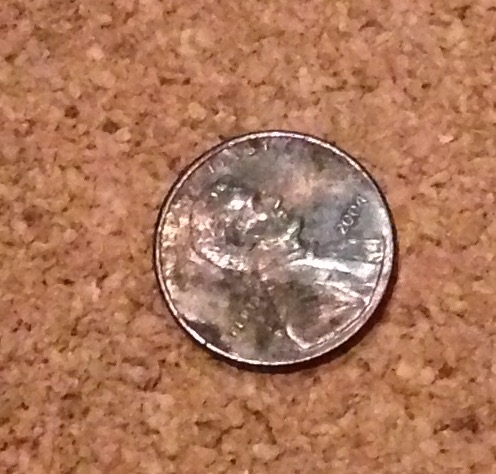Because I’m a journalist, I’m required to like social media. And I do, for some things.
But…
Well, social media isn’t worthless. Twitter is ideal for sending and receiving news alerts and story recommends. Facebook is wonderful for getting back in touch with people you haven’t seen in years. LinkedIn is an exceptionally good venue for adding to your professional network. Instagram is a lovely way to democratize photography. Pinterest is a pretty and pleasant way to explore topics.
And if you’re a reporter, all of them can be used to find sources of information for a story you are researching.
But.
- As anyone who uses them knows, they are enormous time-wasters. It doesn’t take more than a few minutes a week to get what you need from Facebook. The rest is watching cat videos. The other social media outlets can be monitored or searched for what you need, when you need it. The rest is blah-blah-blah.
- If you want to socialize, there are better ways to do it. Yes, social media is terrific for meeting new people and, if you have great friends, you can learn new things occasionally. But real communication takes the kind of time and personal contact that you will almost never get on social media. The best you can do on social media is keep up a superficial knowledge of your friends’ lives.
- Social media sites collect reams of data about you, and they use it to make money. That is the price you pay for using these “free” services. Facebook can predict with 85 percent accuracy whether you are gay, or what your party affiliation is, based on your Likes… as well as other things that advertisers want to know. But that’s the least sinister of possible uses for this individual data.
- For journalists, this is the most important of all: Users of social media are not the audience you need to reach, nor do they include enough people to be legitimate for crowdsourcing most stories. Look at the statistics (and be sure to take into account that they’re usually measuring online users, because 15 percent of Americans do not go online, ever).
Less than 10 percent of all American adults use Twitter. Less than half of American adults use Facebook – EVER. Do you really think you will reach knowledgeable and influential people on social media? Or be able to gather a sample that is in any way representative of any population other than social media users?
I’ll have more to say about all these points in future posts, but that’s the outline.
Chose a semi-blackened 2004 penny today: the year Facebook was founded.
